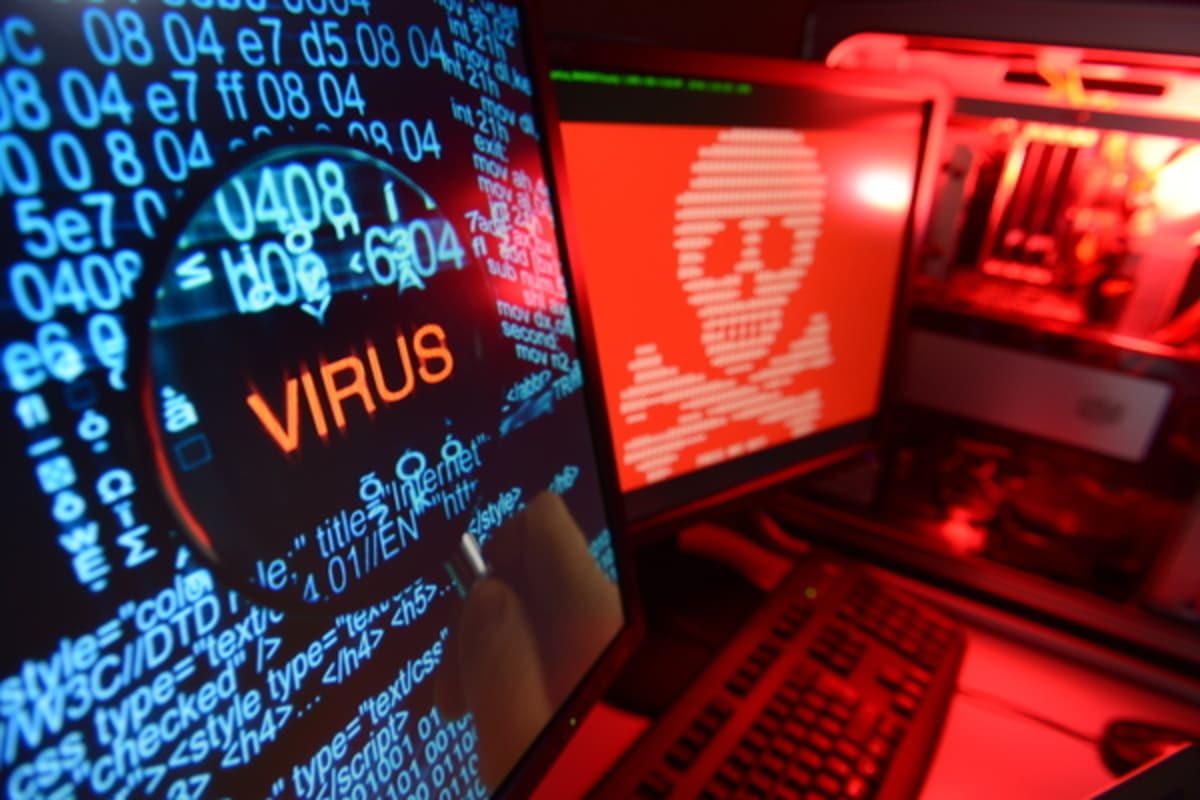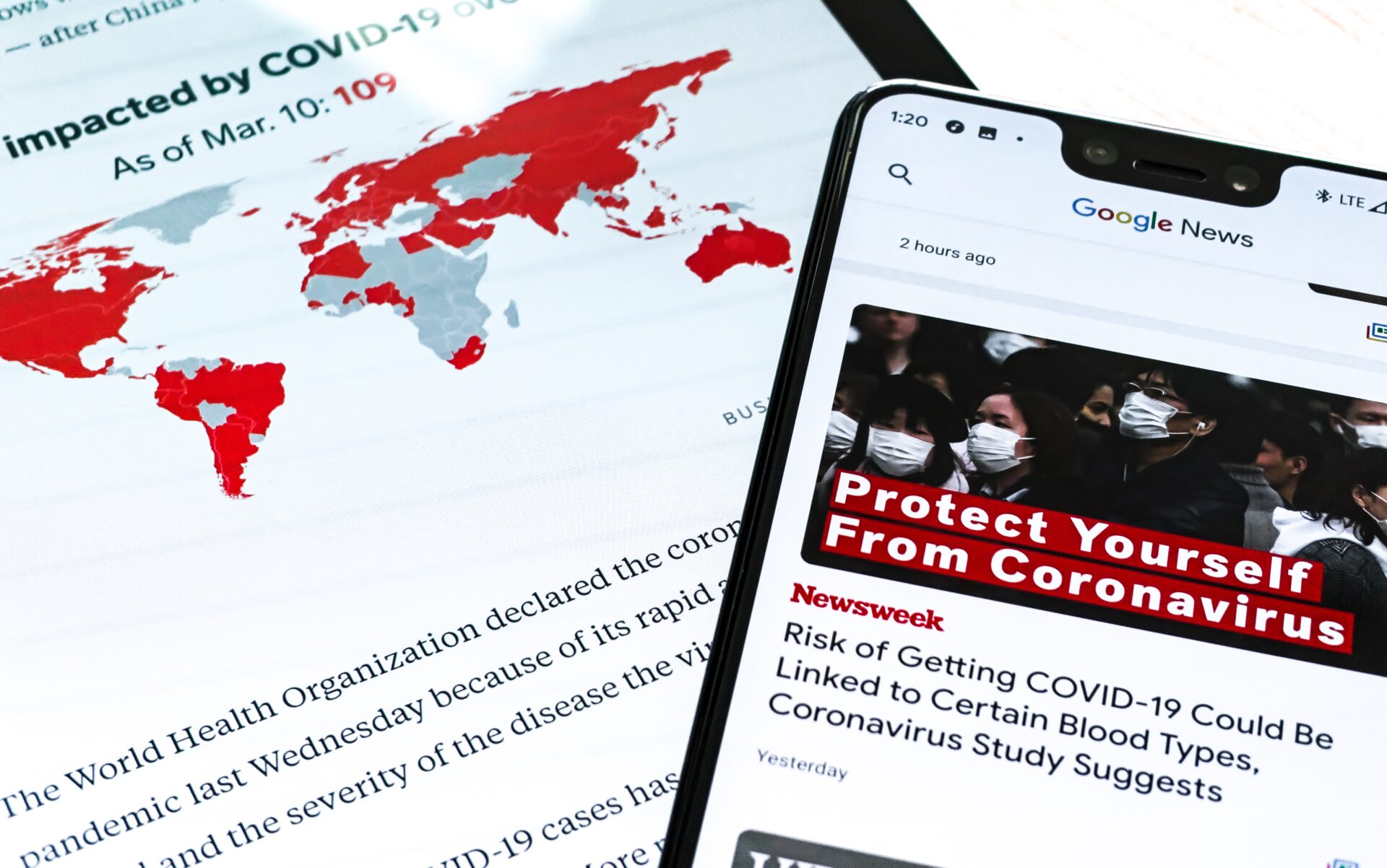Owning Your Data Is Owning Your Future
Today I had an opportunity to take part in the conference “Owning Your Data Is Owning Your Future”. The speakers reported very important and interesting data about maintaining confidentiality on the Internet and in social networks. Undoubtedly, computer technology is an integral part of our current lives; however, there is a threat to the storage of our personal data.
The speakers’ opinions on this issue were especially interesting. The conference discussed the issue of where personal data is stored on the Internet and who is able to use it. Currently, when logging in to any site or application, we must enter our personal information, to access it. The feasibility of trying to store personal data on the Internet remains the main problem. The speakers acknowledged that storing data is a challenge. The dissemination of personal data and their supervision in the business sphere were of particular interest to me because businessmen put themselves at risk by spreading personal information, which helps jackers to better understand the legitimacy of the business, income and contribute to such a phenomenon as raider takeovers. The speakers suggested that in the future, with the stronger development of the Internet communication and the latest technologies, it would be almost impossible to view our personal data.
I agree with this statement, because currently people special education in the field of computer technology and others who understand how to work with a computer, can find a way to access someone’s personal data. Due to the fact that access to information that helps hacking an account is publicly available on such platforms as YouTube, Reddit, Dvach and Twitter, the work of hackers is much easier.
Due to the rapid spread of the coronavirus, there are even more reasons for capturing confidential information since educational institutions and some enterprises are switching to remote work. This contributes to an even greater dissemination of personal data and documentation through the Internet resources. Therefore, during the period of time of Covid-19, it is necessary to activate the work of services that are engaged in protecting this data as soon as possible. Even ordinary people, if they want to, can watch training videos or informative articles that help in hacking personal data. Unfortunately, today there is an Internet space as “darknet” – an anonymous network. The Darknet differs from other distributed peer-to-peer networks in the fact that file sharing occurs anonymously, since IP addresses are not publicly available, and therefore users can communicate without much fear of government interference. That is why the darknet is often perceived as a tool for communicating in various kinds of underground and illegal activities. Sometimes, even some of the largest social networks and Internet platforms are subjected to DoS attacks, since they often distribute users’ data. The speakers discussed various aspects and examples of the personal data’s use.
Having attended this conference and having learned more information about the methods and types of personal data protection on the Internet, I was even more convinced that it is much better to check the quality and status of sites that require information. Since even hacking a personal page does not need much effort, users of social networks must first of all think about the consequences of dissemination of personal information because it is not known how an attacker would use it. For the attackers and hackers themselves, there needs to be consequences for their behavior. It will depend on the Internet resource that was hacked, the amount of information received and its value for distribution and receipt. A good way out of this situation would be a creation of special services that would prevent such attacks, as well as creating an Internet platform that would be completely confidential and invulnerable to hacking. This topic is really very interesting and useful for me. I think that such online meetings are excellent, and now it is much easier to hold them during the pandemic. Of course, I would attend conferences, because it would help me with self-development and better understanding of English. I want to thank the organizers, Horasis and KKF for this opportunity to listen to the speakers on this conference.



